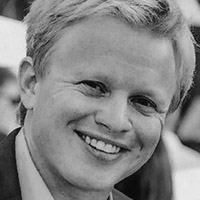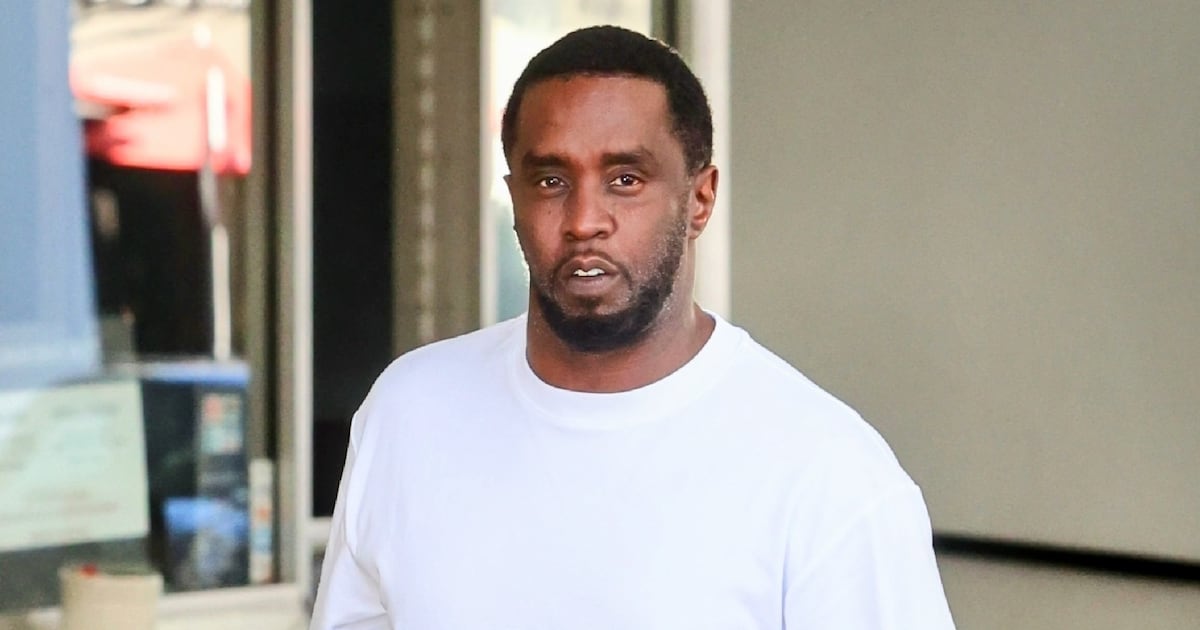It is difficult to convey the breadth of influence that Boris Akunin has on Russian society. Vladimir Putin likely fears him. In most countries, the bookish and prolific best-selling author, most known for his Erast Fandorin mystery thrillers, would not be seen as a threat to the establishment. But Russia is not most countries.
Russia’s national identity has been shaped by a history of great literary masters. Stalin, who was among many things a poet, understood this better than anyone. He ruthlessly employed a strategy of literary censorship and control over Russian literature just as he did over his people. Vladimir Putin is catching on. The Kremlin has set in motion a tempest of reality. Putin is trying to play Prospero, transforming news into fiction, fiction into history. Akunin is getting in his way.
In scope, think of Akunin as the J.K. Rowling of Russia—in style, perhaps somewhere between Dorothy Dunnett and Robert Ludlum. His 19th-century mysteries, set in an imperial Russia, have been published in some 50 different languages with a modest 30 million copies sold.
Akunin has published work under at least four different noms de plume, including his own. He is a translator, an essayist, a professor, a playwright, and a historian.
He was born Grigol Chkhartishvili in the Georgian town of Zestaponi in 1956 to a Jewish mother and a Georgian father. In 1958 they moved to Moscow. And there he remained, continuing to prove himself a versatile literary giant.
Akunin’s criticism of the Kremlin first became public during the 2011 Russian protests. It was bolstered by the 2014 annexation of Crimea. Putin, apparently a fan of Akunin’s work, got upset and tried to use Akunin’s Georgian birth against him. The irony is that Putin was following the script of the most famous Georgian of all: Stalin.
Thus Boris Akunin became an unlikely intellectual shepherd of the Russian opposition. Lately—and perhaps most alarmingly for the Kremlin—Akunin has begun a massive eight-volume history of the Russian state. Last year, he released part three. As Akunin’s criticism of the Russian leader grows, and as Russian opposition figures continue to drop like flies, there is genuine concern that he may not make it to volume four.
If he weren’t busy enough countering, among other things, the Kremlin’s historical revisionism, Akunin is also the author of Hamlet. A Version, an adaptation of Shakespeare’s play, premiering off-Broadway this week. Directed by Irina Gachechiladze, it is Akunin’s first project in the United States.
According to its producers, Hamlet. A Version illustrates “the intrigue, opportunism, and political scheming of a burgeoning police state.”
Akunin’s play “provides a radically prescient perspective on a contemporary political issue: how to eradicate the old to make way for the new.”
Its author remains vague and elusive these days about specifics, such as his location for obvious reasons. It is under these conditions—intriguing enough for an Akunin novel: life imitating art and so forth—that The Daily Beast recently was able to interview the author-turned-historian-turned-playwright.
When asked about writing for the stage, Akunin told us that he writes theater to relax. He likens the process to “going on vacation.”
“Writing plays is something wonderfully irresponsible,” he says.
“Dialogues are the easiest part of literary text. Any author of fiction would tell you that. And if something is not quite up to the mark—well, a lot of other people would straighten it out somehow: the director, the actors. Another good thing is that a theater audience is your prisoner,” he says.
Perhaps here it should be noted that “Akunin,” his name of choice, loosely translates to “villain” in Japanese—a language and literature he studied for years.
The playwright continues, “They bought the tickets. They took the trouble to come to the theater, so the show has to be really, really awful to make the audience bolt. With a book they just shut it closed, ungrateful bastards.”
And then, “In one word, I love writing for the stage.”
To the obvious question—if Putin were a Shakespeare character, who would he be and why?—Akunin’s reply is thoughtless and brisk: “Iago. There can be no two opinions about it. The man is very good at short-term planning, but has problems with calculating further complications.”
When approaching his work, what does Akunin want American audiences to understand about Russia and its people? “Only that Russia is an interesting country, quite different from the stereotypical clichés.”
Asked if the portrayal of Akunin as a dissident a fair one, the author replies, “Probably. But I am much less ardent than a real political dissident. I am not a heroic fighter of the regime. All I do is just say what I think.”
According to Hamlet. A Version’s executive producer, Mark Mullen, Akunin has never been more relevant precisely because the Kremlin is using not only history but also culture as a tool of political manipulation.
“We as a society, whether in the United States or Russia, need to look to history and art to frame what is happening,” Mullen says.
“Information is coming at us so quickly, and in many ways that information has been weaponized, as they say. So, if insightful, educated people don’t frame and narrate these events, then somebody else will. And that somebody may not have our best interests at heart. Now is a time when we most need historians and artists who will take a stand and give context to the events occurring around us.”
If the Kremlin does stop Akunin from getting to volume eight of his history, what they do not realize is that by opposing him—by playing Iago—they are writing volume nine for him.
Hamlet. A Version is at the Theater at St. Clement’s. 423 W. 46 St., New York City. Book tickets here.




